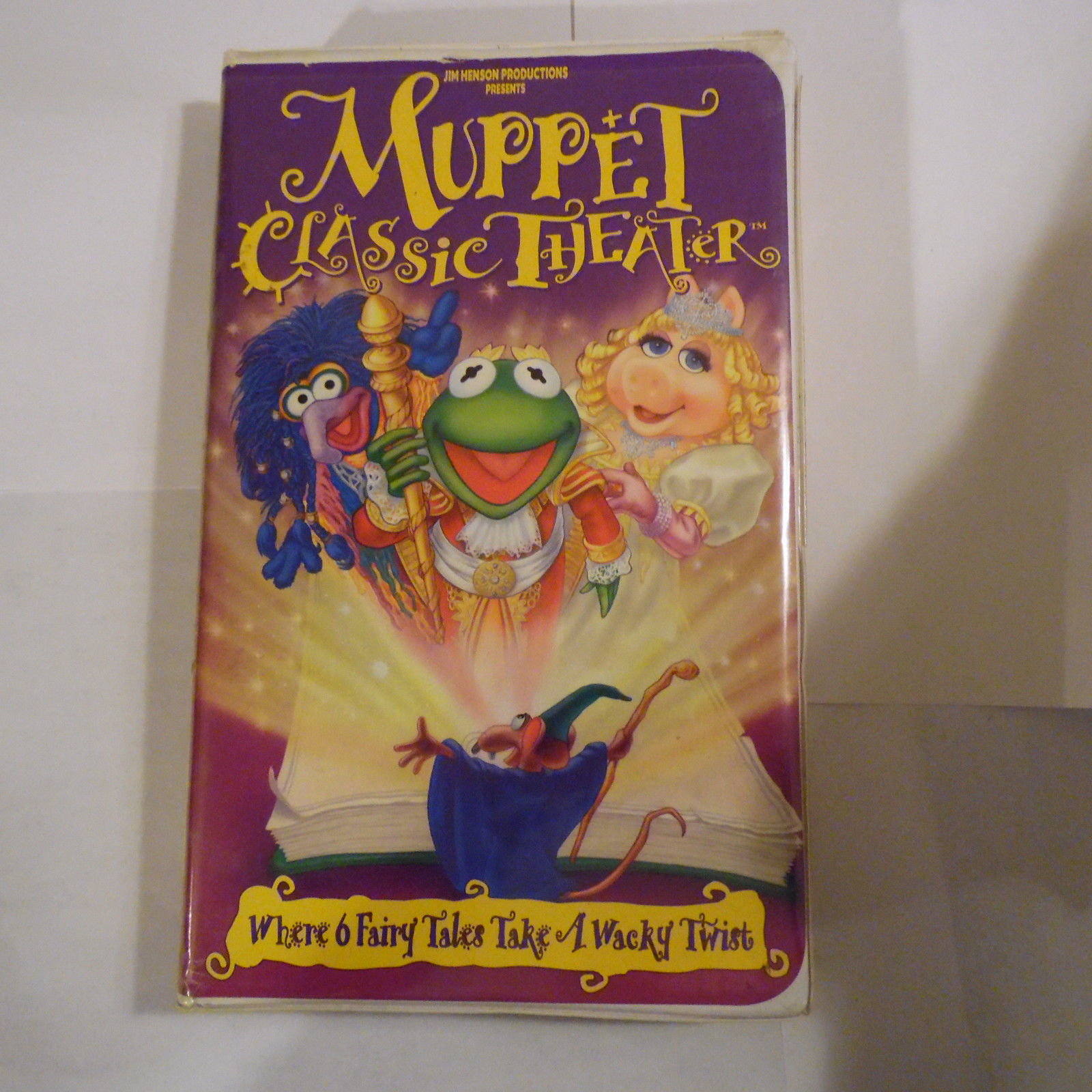


In an internet age, the answer was only a few clicks away: Wikipedia offered some background on the band’s creation (formed as part of the British X Factor, finishing in third place), YouTube offered some clips of previous performances (including a preview of their performance on last night’s episode of iCarly), and Spotify allowed me to listen to their album, Up All Night, in its entirety over the course of the past three weeks. Even if Matt Lauer and Ann Curry weren’t pushing the comparison, it certainly evoked the aesthetics of Beatlemania (complete with the floppy hair), and the performances raised what was (to me) an intriguing question: what exactly does a boy band look and sound like in 2012? It was an unseasonably warm day in New York City for mid-March, but that wasn’t enough to explain the screaming throngs of teenage girls watching the performance.
MOUSTERPIECE THEATER VHS TV
I did not know British boy band One Direction even existed until I turned on my TV one morning to discover the band was performing on The Today Show. This brings me to the subject of this post, which is another pop culture obsession of sorts.

That being said, though, there is a point where I want to be able to turn my interest into something more productive: while for fans this might mean writing fan fiction or creating a fan page, for me it means writing a scholarly blog post on the subject. However, I don’t mean to suggest that I felt I needed to “justify” my interest in Jepsen’s rise to sudden fame by writing about it – the people who are following Jepsen as a fan, the Beliebers jumping on the bandwagon at the behest of their master, are just as justified as I am. One of the (many) perks about being an academic studying elements of popular culture is the ability to turn any obsessive tendencies into “research.” I’ve spent the better part of the last month and a half obsessing over Justin Bieber’s “discovery” of former Canadian Idol contestant Carly Rae Jepsen and her subsequent rise to fame in America, and that became “research” when I wrote about the challenges of transnational stardom (and the awkwardness of an 18-year old mentoring a 26-year-old who has been in the music business longer than he has) for Antenna.


 0 kommentar(er)
0 kommentar(er)
